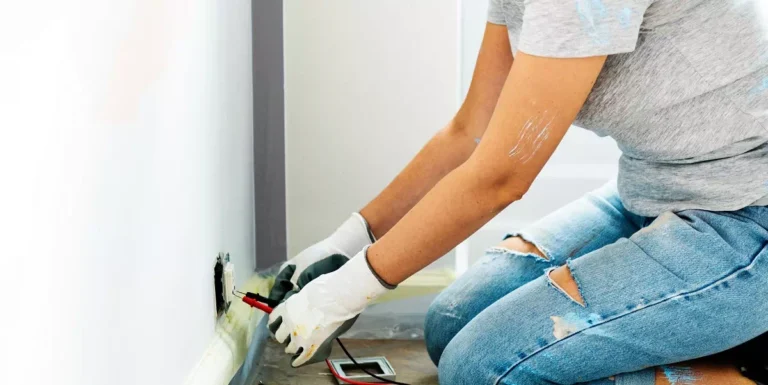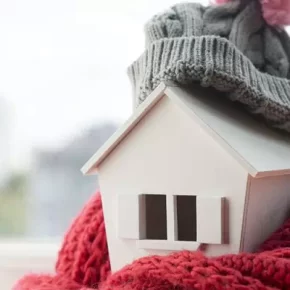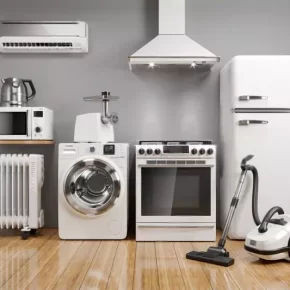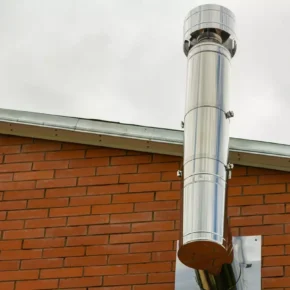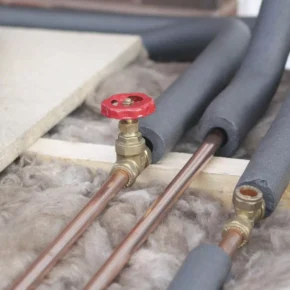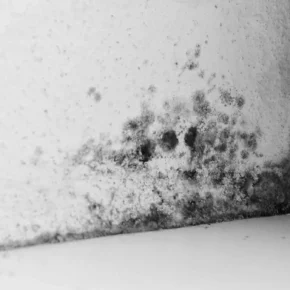Electrical wiring is the main component of any house or apartment. It ensures the functioning of devices, lighting and comfort systems. However, old or improperly installed wiring can cause a fire, short circuit, or damage to electrical appliances.
Therefore, regular inspection of the electrical network is not only a guarantee of comfort, but also a guarantee of your safety.
The main reasons for checking the wiring
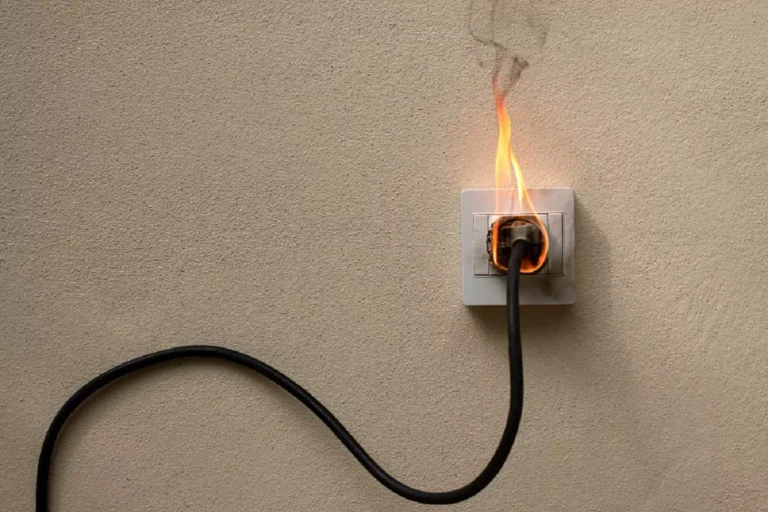
- Preventing Accidents and Fires
Old or damaged wiring can cause short circuits or overheating, which are major causes of household fires. Regular diagnostics allows you to detect such problems in advance. - Protection of electrical appliances
Unstable voltage or damaged wires can lead to failure of household appliances. Repairing or replacing devices is often more expensive than preventing problems. - Energy savings
Worn wiring increases electricity costs due to losses in the network. This affects the overall electricity bills. - Compliance with standards
In many countries there are regulations that require regular inspection of the electrical network. Compliance with these requirements ensures your protection and peace of mind.
When should the wiring be checked?
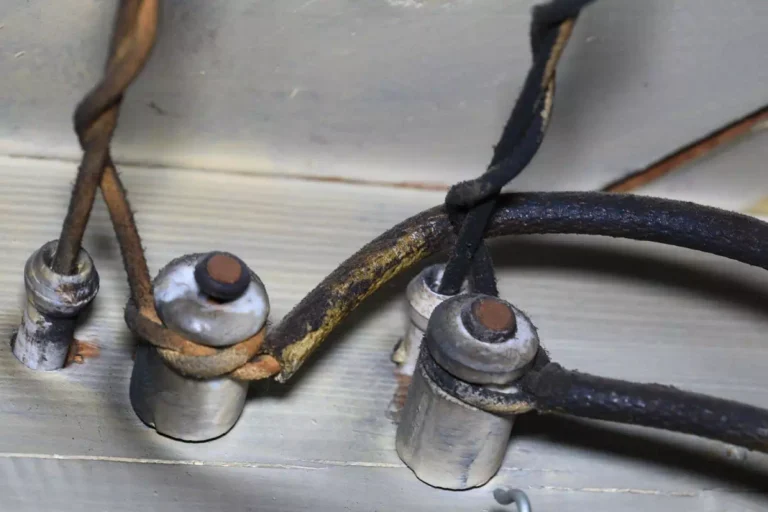
- Old wiring. If your home was built more than 20 years ago and the wiring has never been updated, it may not meet current safety standards.
- After repair. After construction work, it is important to make sure that the wiring is not damaged.
- Additional load. If you plan to connect powerful equipment (boiler, air conditioner, electric stove), check whether the network can withstand the load.
- Signs of malfunctions. If you notice the smell of burnt insulation, overheating of sockets, frequent tripping of automatic protection devices or flickering lights, contact an electrician immediately.
Basic safety rules when working with the electrical network
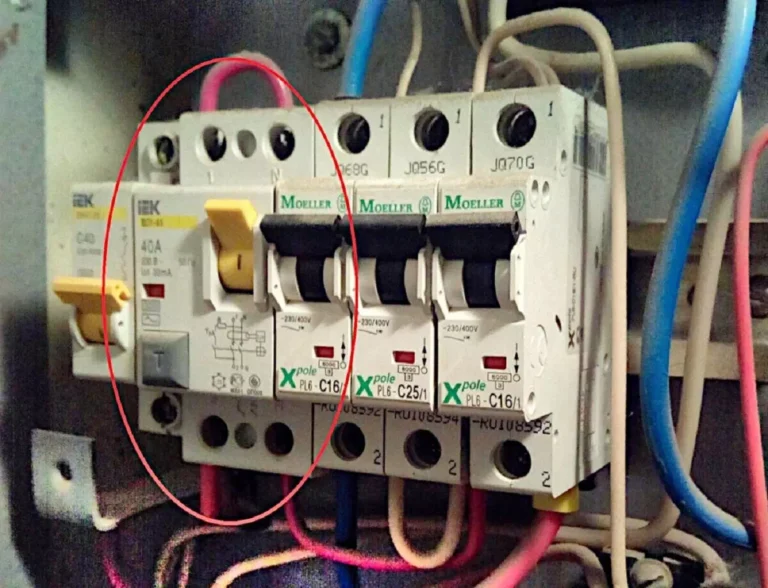
- Use quality materials. When replacing wiring or installing new items, use certified wires, outlets, and switches.
- Turn off the power supply. Before any work, turn off the electricity at the general switchboard.
- Trust the experts. Independent replacement of the wiring without the appropriate knowledge can become dangerous. Contact professional electricians.
- Install protections. Circuit breakers, residual current devices (RCDs) and voltage stabilizers minimize the risk of malfunctions.
- Check contacts. Make sure all wire connections are made properly to avoid sparking.
Tips for ensuring electrical wiring safety
- Carry out a complete inspection of the electrical network at least once every 5 years.
- Use modern LED lamps that consume less energy and reduce the load on wiring.
- Avoid overloading the outlets. If you have many devices, install additional connection points.
- Remember about grounding. This is important for the protection of both equipment and people.
- Monitor the condition of the shield. All machines must be in working order and correspond to the capacity of the network.
Wiring is an invisible but extremely important part of your home. Its good condition guarantees not only ease of use, but also safety for the whole family. Regular inspection of the electrical network and compliance with the rules of operation will help to avoid problems and ensure the longevity of electrical equipment.

